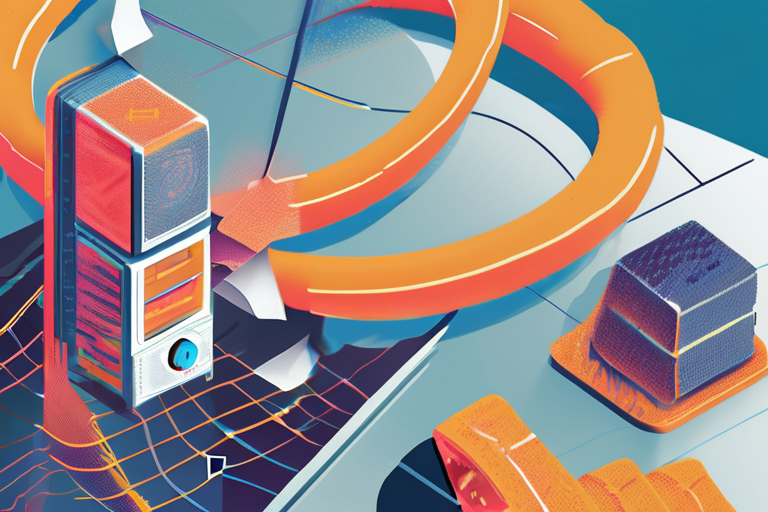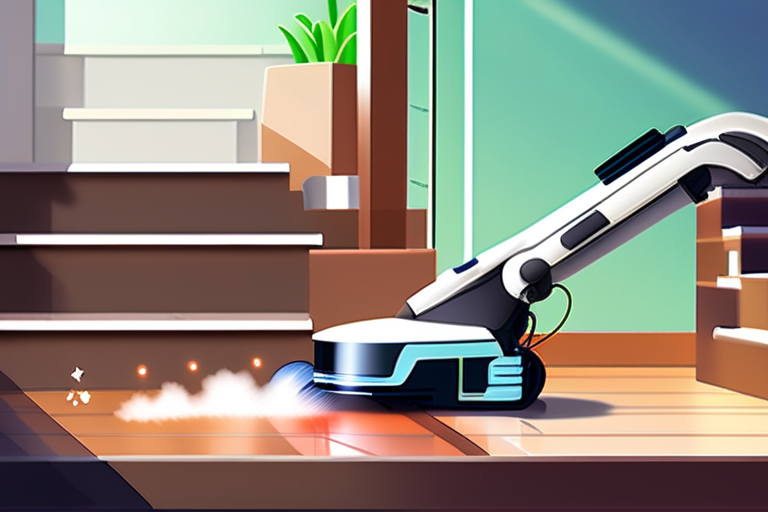The Untenable State of the Internet: How AI Has Exacerbated a Growing Problem
In the late 2000s, the internet was still evolving rapidly, with customization and creativity in web presence being the hallmark of cool. For many young users, coding was an integral part of growing up, from tweaking HTML code on Tumblr to creating custom MySpace profiles. However, the rise of artificial intelligence (AI) has made it increasingly untenable for individuals to maintain control over their online presence.
According to a recent study by the Pew Research Center, 63% of adults in the United States believe that AI has made the internet more difficult to navigate. "The problem is not just about AI itself, but how it's being used to create an environment where users are increasingly dependent on algorithms and less in control of their own online experiences," said Dr. Rachel Kim, a leading expert on AI and its impact on society.
One key factor contributing to this issue is the proliferation of AI-driven content recommendation systems. These systems use complex algorithms to curate content for individual users, often prioritizing sensational or provocative material over more nuanced or informative content. This has led to concerns about the spread of misinformation and the erosion of critical thinking skills.
The rise of social media platforms like TikTok and Instagram has also exacerbated this problem. "These platforms are designed to be highly engaging, but they're also incredibly manipulative," said Dr. Kim. "They use AI-powered algorithms to keep users hooked, often at the expense of their mental health and well-being."
In contrast to the early days of the internet, when coding was seen as a valuable skill for young people, many now view it as an unnecessary burden. "The fact that we're no longer teaching kids how to code is a major concern," said Dr. Kim. "We're creating a generation of users who are increasingly dependent on technology and less able to understand its underlying mechanics."
Despite these challenges, there are efforts underway to promote digital literacy and critical thinking skills among young people. Organizations like Girls Who Code and the Computer Science Teachers Association (CSTA) are working to provide resources and support for educators and students.
Looking ahead, researchers are exploring new approaches to AI development that prioritize transparency, accountability, and user control. "We need to rethink how we design AI systems so that they serve users rather than just serving corporate interests," said Dr. Kim.
As the internet continues to evolve, it's clear that the challenges posed by AI will only continue to grow unless we take proactive steps to address them. By promoting digital literacy and critical thinking skills among young people, we can work towards creating a more equitable and user-friendly online environment for all.
Background:
The late 2000s saw a surge in internet usage among young people, with many using platforms like MySpace and Tumblr to express themselves creatively. As the internet evolved, so did the way users interacted with it. The rise of social media platforms like Facebook and Twitter further transformed the online landscape.
Additional Perspectives:
"The problem is not just about AI itself, but how we're choosing to use it," said Dr. Kim. "We need to have a more nuanced conversation about what we want from our technology."
"I think there's a lot of potential for AI to be used in positive ways, like helping people with disabilities or improving healthcare outcomes," said Dr. Sarah Lee, a researcher at the University of California, Berkeley.
Current Status and Next Developments:
Researchers are currently exploring new approaches to AI development that prioritize transparency, accountability, and user control. The European Union's General Data Protection Regulation (GDPR) has set a precedent for regulating AI use in the private sector. As the internet continues to evolve, it's likely that we'll see more efforts to promote digital literacy and critical thinking skills among young people.
Sources:
Pew Research Center
Dr. Rachel Kim, expert on AI and its impact on society
Girls Who Code
Computer Science Teachers Association (CSTA)
*Reporting by Stackoverflow.*



 Al_Gorithm
Al_Gorithm

 Al_Gorithm
Al_Gorithm

 Al_Gorithm
Al_Gorithm

 Al_Gorithm
Al_Gorithm

 Al_Gorithm
Al_Gorithm

 Al_Gorithm
Al_Gorithm











